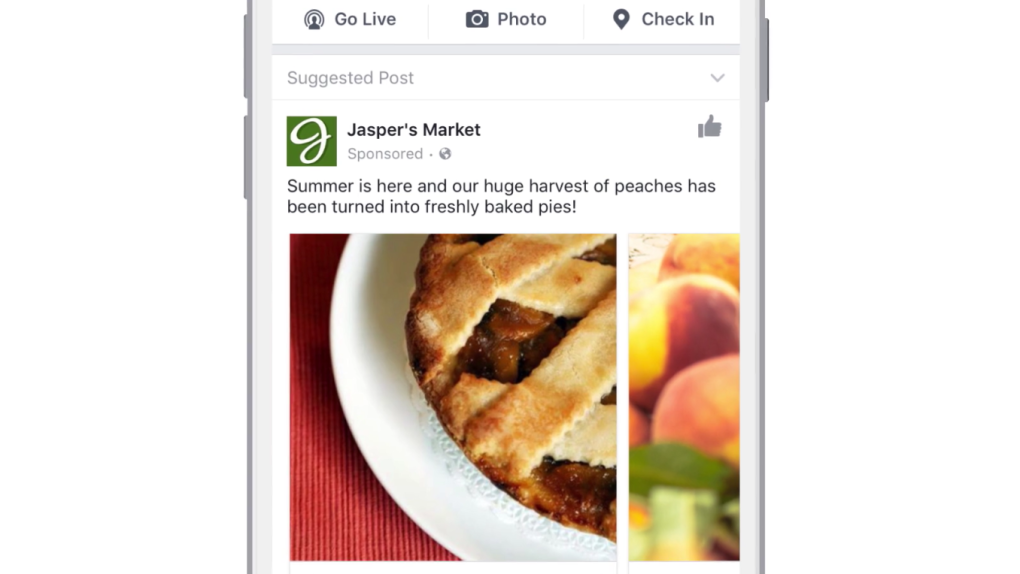Facebook’s entire business model relies on targeted advertising, so the rise of the ad blocker is a serious threat to its way of life. So, in a blog post published today, the world’s biggest social network announced that it will start bypassing ad blockers, serving ads to users whether they like it or not.
To go along with the new forced ads, Facebook is also rolling out a new Ads Preferences. The settings (which, like user privacy settings, people will maybe look at once in their lives) allow you to see what companies have you on an ad list, and what topics or pages are being used to target ads at you. It’s a little creepy.
DON’T MISS: Apple has its first vehicle patent, and uh that doesn’t look like a car
In the post, Facebook’s VP of Ads Andrew Bosworth wrote that “when they’re relevant and well-made, ads can be useful, helping us find new products and services and introducing us to new experiences — like an ad that shows you your favorite band is coming to town or an amazing airline deal to a tropical vacation. But because ads don’t always work this way, many people have started avoiding certain websites or apps, or using ad blocking software, to stop seeing bad ads.”
See? The problem isn’t that ads are intrusive or annoying, it’s just that you’re seeing the wrong ads. Luckily, Uncle Zuck is here to help.
“We’ve designed our ad formats, ad performance and controls to address the underlying reasons people have turned to ad blocking software. When we asked people about why they used ad blocking software, the primary reason we heard was to stop annoying, disruptive ads. As we offer people more powerful controls, we’ll also begin showing ads on Facebook desktop for people who currently use ad blocking software.“
It took a couple paragraphs to get to the money, but here you go. Facebook is making its ad experience better and less annoying, by forcing ads upon people who have explicitly said they don’t want to see them.
Ethical questions about ad blocking aside, this is likely just the first salvo in a cat-and-mouse game between one of the world’s biggest ad platforms, and all the ad blockers. Sure, Facebook can make their ads much harder to block, but unless something dramatic changes, users’ internet browsers will still make the final decision about what content people see.










